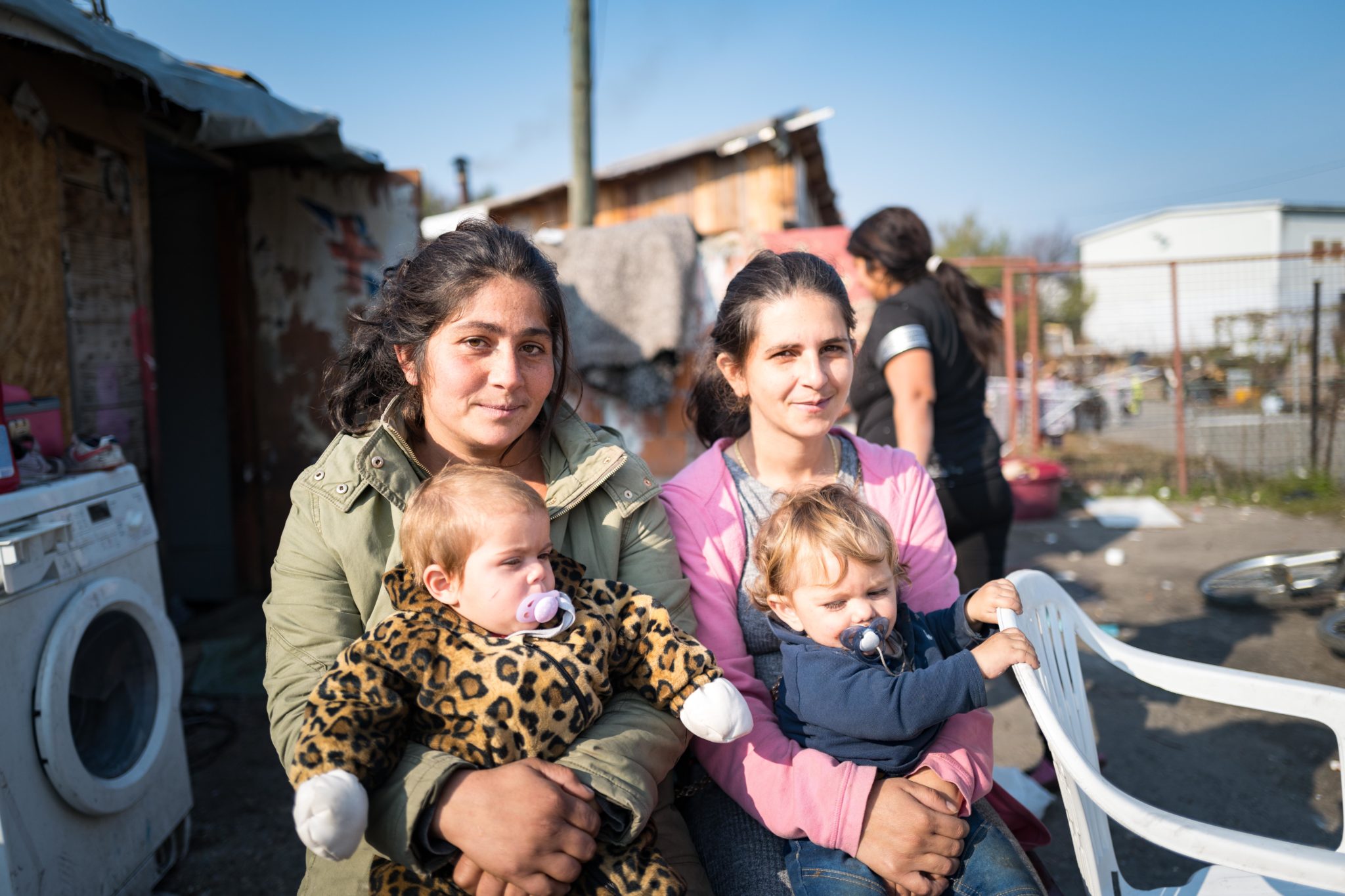
18 Jan Understanding the Roma Community
CBN’s Operation Blessing
Humanitarian Aid & Relief
CBN partners help to bring relief to poor, remote communities around the world, where locals often lack access to basic medical care. The global COVID-19 pandemic further strained resources. CBN’s Operation Blessing has continued conducting medical and dental brigades to those in need, as well provide medicine, train community health volunteers, provide life-changing surgeries, conduct ultrasound campaigns and pregnancy workshops and more.
Clean Water Ministry
With the help of our partners, CBN’s Operation Blessing clean water projects provide clean, reliable water in needy regions of the developing world. Our staff work with local leaders to identify needs and coordinate each project.
Disaster Relief
Every year people here at home and around the world face challenges and heartache when disaster strikes. Whether it’s a natural disaster such as a hurricane, tornado, earthquake or tsunami, or refugees in the midst of life-threatening conflict needing critical relief, CBN’s Operation Blessing is helping disaster victims endure and recover by providing critical aid, like clean water, medical care, food, shelter, and basic essentials.




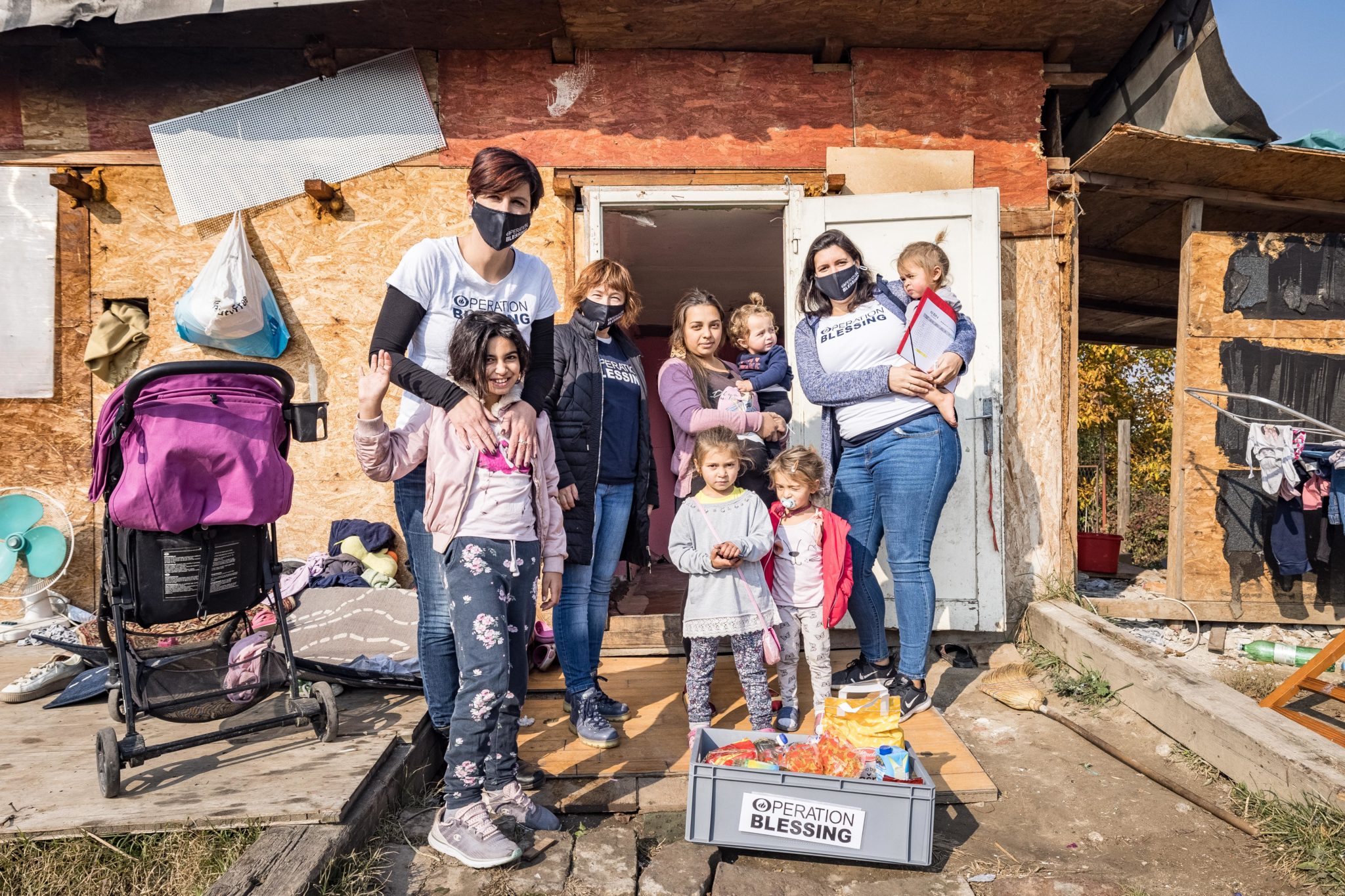
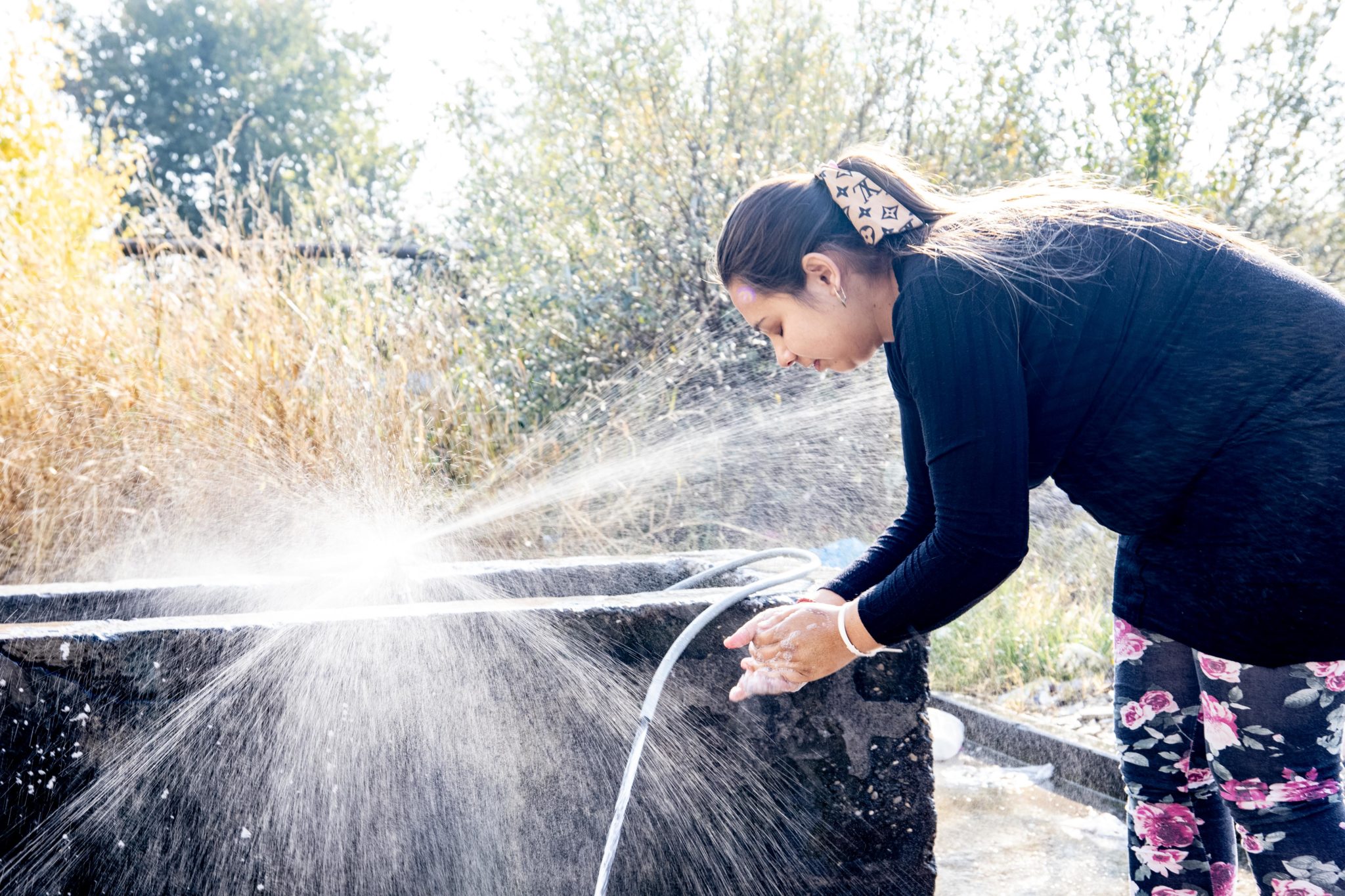
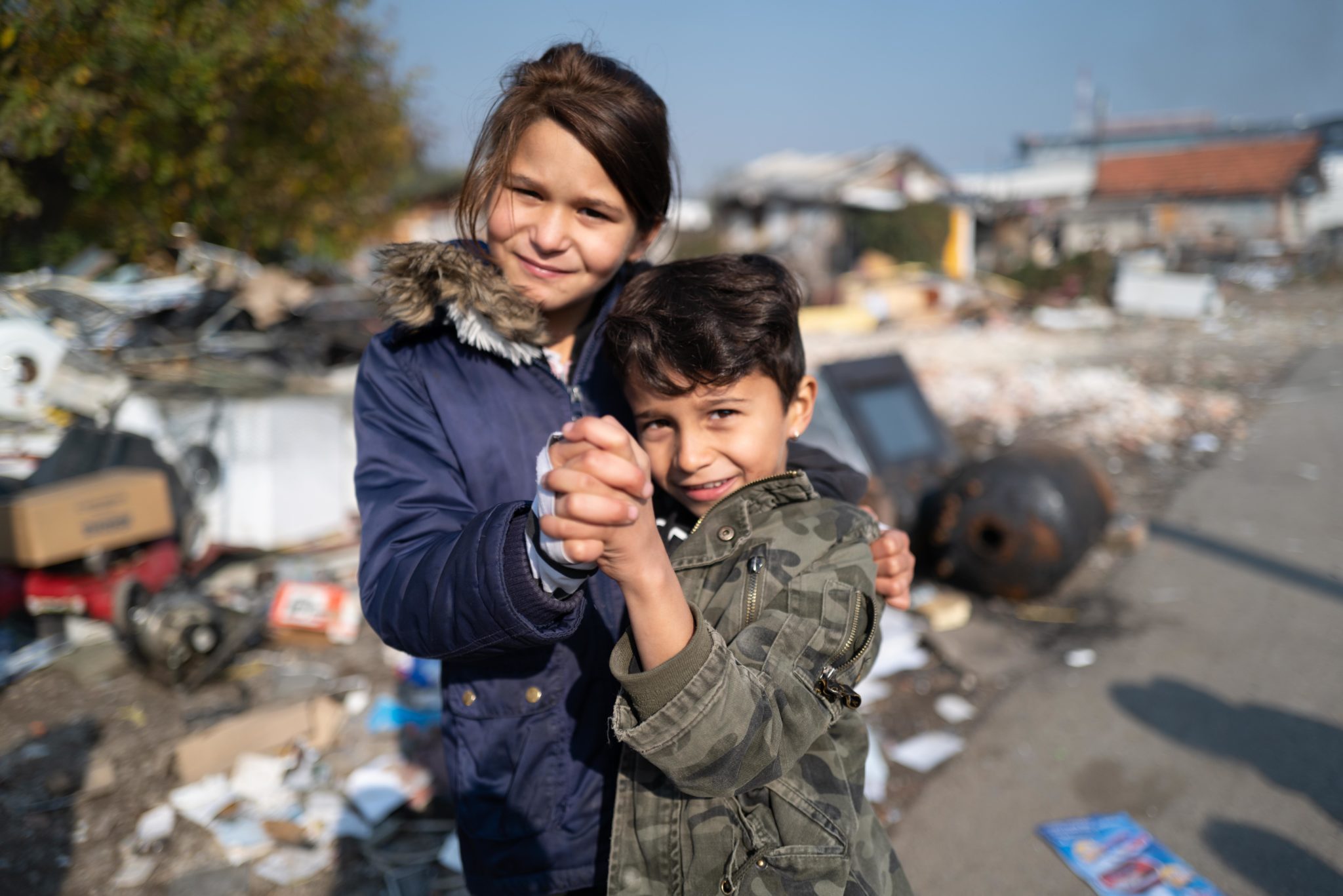
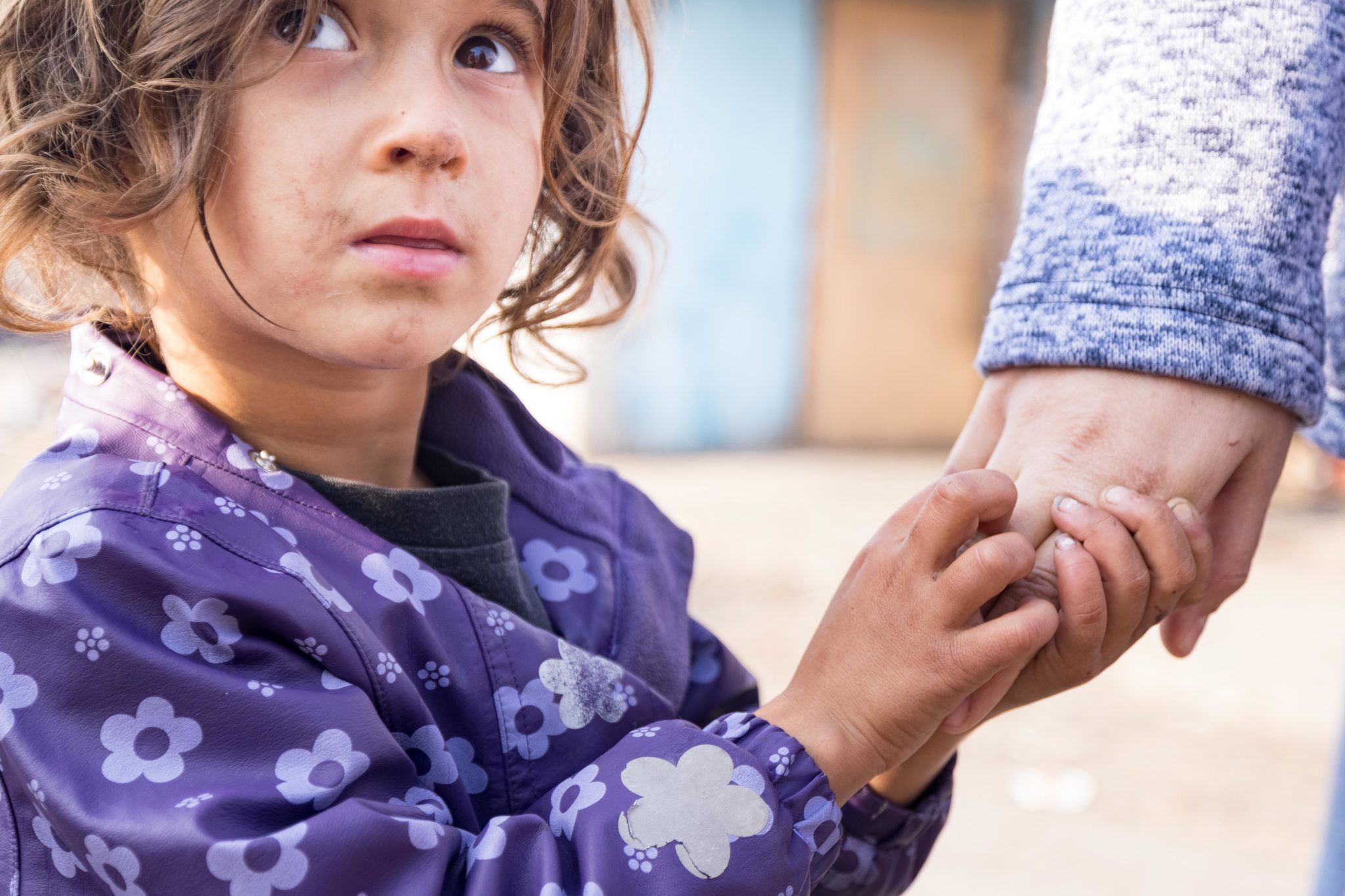
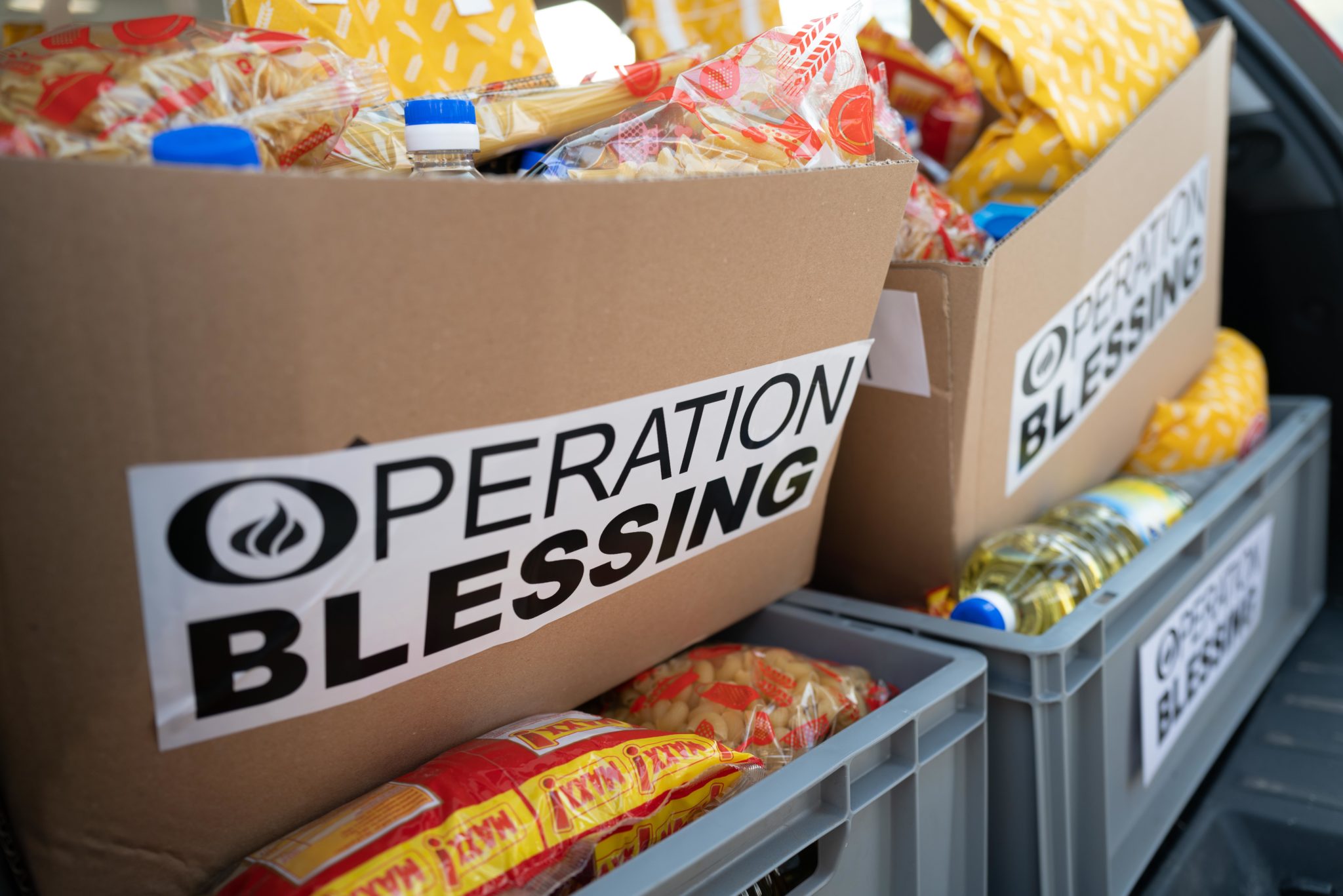
Cynthia J myers
Posted at 20:21h, 18 JanuaryLots of excellent history of the Roma’s. Great ministry!